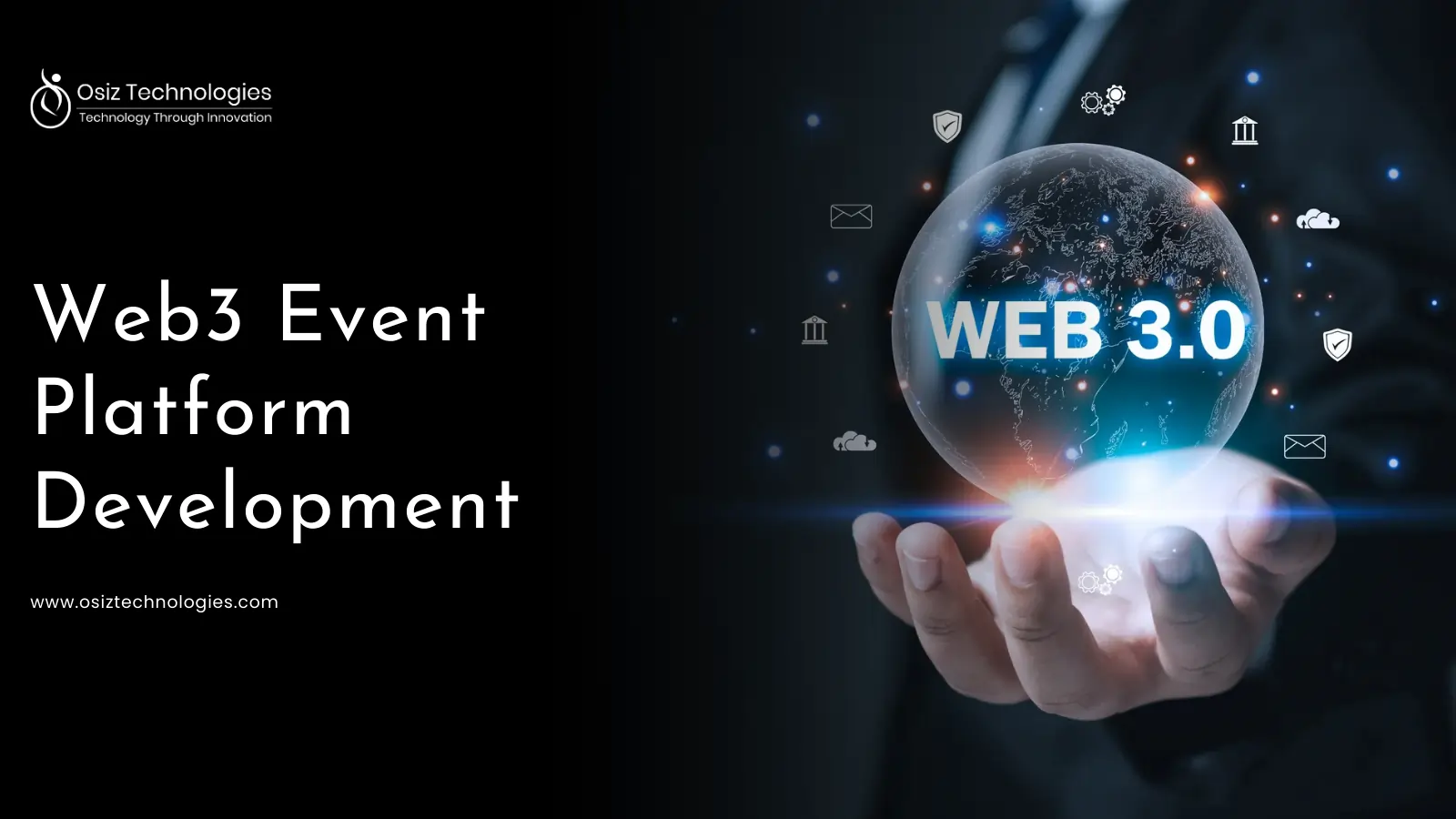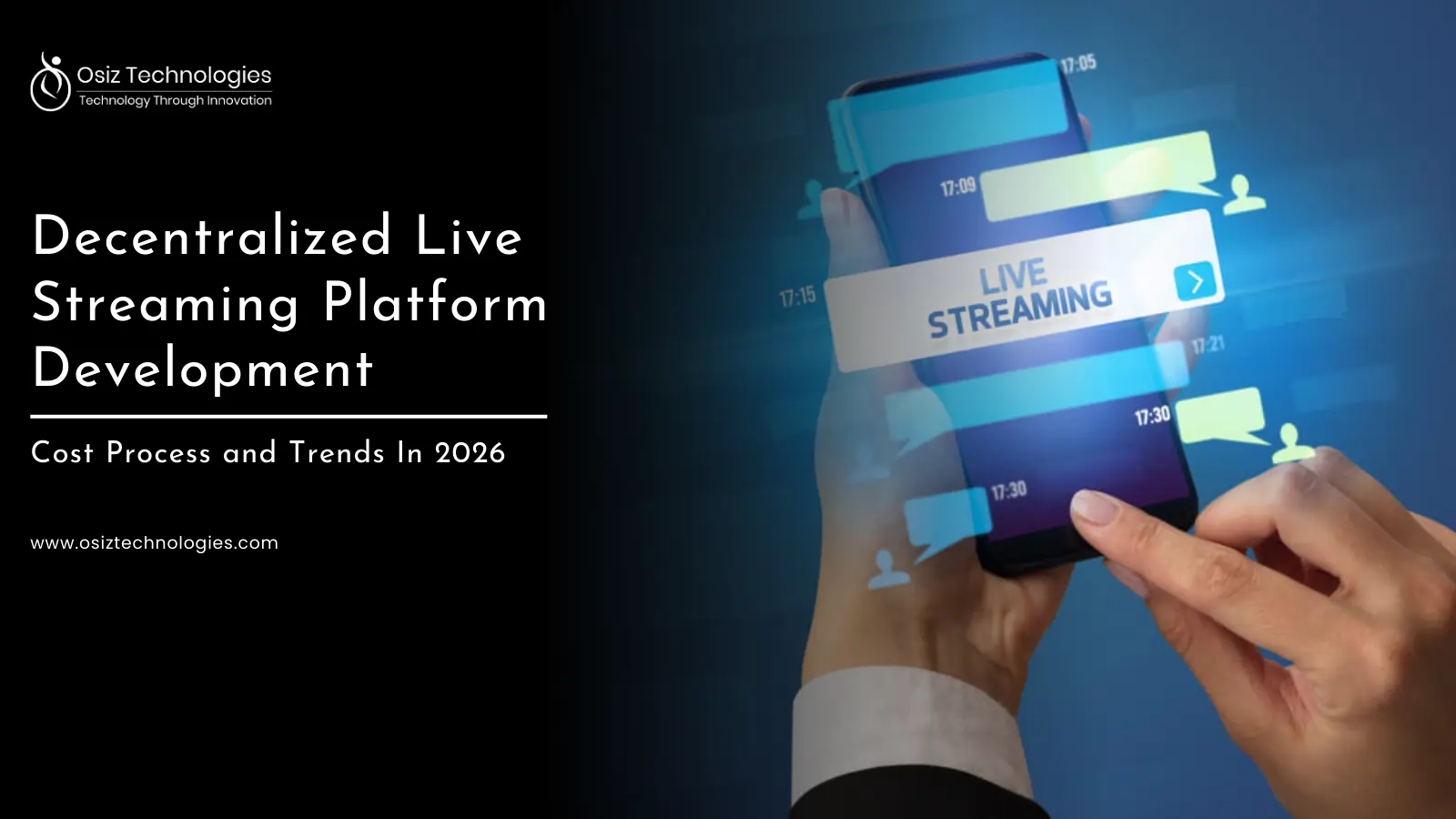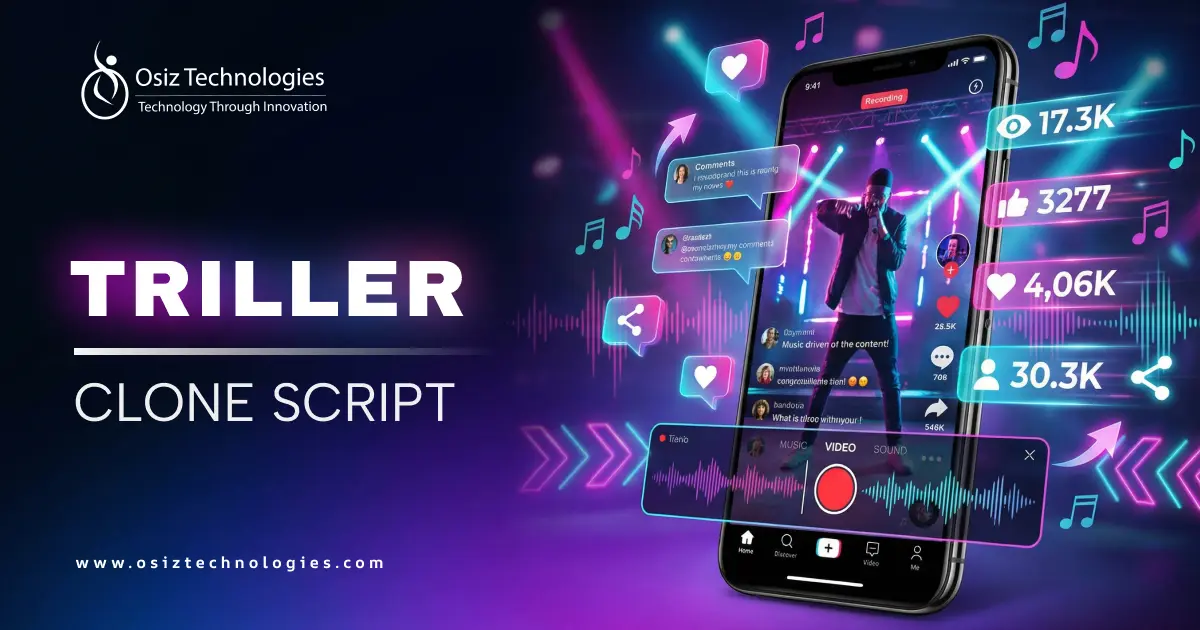AI Market
With a predicted value of $150.2 billion, the worldwide AI market is expected to grow as 2024 draws near. According to CAGR estimates, the AI industry would expand by 36.8% between 2023 and 2030. By 2030, the market for AI is predicted to expand twentyfold. By 2025, 97 million workers are anticipated in the AI industry.
The US AI market is expected to develop significantly and reach $299.54 billion by 2026. By 2030, the widespread application of AI is expected to boost the global GDP by $15.7 trillion. By 2024, there will be an astounding 84 billion AI-powered digital voice assistants—more than there are people on the planet.
In the next seven years, the AI industry is expected to increase thirteen times, providing profitable prospects by 2024. AI is viewed as essential to operations by 83% of multinational organizations. With the transformative journey starting in 2024, projections show a potential $1345.2 billion global AI industry by 2030.
How Is AI used In Industries?
AI is used in industry for many different purposes, including process optimization, automation, and predictive maintenance. It facilitates the effective examination of extensive datasets, improving decision-making in various industries. AI is essential to changing industry processes, offering insightful data, increasing productivity, and stimulating innovation in everything from manufacturing to logistics.
AI's Growth in Industries
Across industries, artificial intelligence is rapidly expanding. Businesses are progressively integrating AI technologies into their operations, ranging from manufacturing and customer service to healthcare and finance. This growth is supported by AI's capacity to improve productivity, mechanize procedures, and offer insightful data. AI's influence on industries is predicted to increase as it develops further, completely changing how companies run and provide services.
AI's Impact on Different Industries
Manufacturing Sector
AI is transforming manufacturing through predictive maintenance, quality control, and automated workflows. AI is used by smart businesses to increase output, decrease downtime, and improve efficiency. Human workers can concentrate on more complicated activities as AI-driven robots take care of routine jobs.
To optimize production schedules, minimize downtime, and perform preventative maintenance, machine learning algorithms evaluate sensor data. Furthermore, AI guarantees the quality of products by promptly detecting defects and irregularities in real time.
AI In Entertainment and Gaming
Artificial intelligence (AI) has advanced user experiences and game creation in the entertainment and gaming sectors. Artificial intelligence (AI) virtual assistants may communicate with gamers through natural language processing, which increases immersion and realism.
By examining user behavior and preferences, machine learning algorithms are able to customize gameplay and provide tailored recommendations. Furthermore, AI is transforming the design of virtual worlds by empowering programmers to create dynamic, lifelike landscapes.
AI In Education
AI has the power to completely transform education by providing intelligent coaching, enhancing student engagement, and personalizing learning experiences. Artificial intelligence (AI)-powered adaptive learning solutions evaluate student performance data, spot knowledge gaps, and provide individualized lesson plans and tests.
With the help of AI-powered virtual tutors, students may learn at their own pace while receiving individualized instruction and feedback. AI also helps with administrative task automation, which frees up teachers' time for deeper student connections.
AI In Fashion
AI is being used by the fashion industry to improve supply chain management, improve the design process, and customize the purchasing experience. AI-powered tools help designers with pattern analysis, fashion trend prediction, and original and creative design creation.
Algorithms based on machine learning help minimize waste and excess stock in inventory management and demand forecasting. The individualized recommendations and AI-powered virtual fitting rooms offer a more customized and engaging buying experience.
AI In Information Technology
Artificial intelligence (AI) has enormous benefits for information technology (IT), including increased data analytics, cybersecurity, and automation. AI-powered algorithms protect companies from malicious activity by quickly identifying and responding to cybersecurity risks.
Routine IT operations like software installations and system monitoring are completed by intelligent automation technologies, which lowers human error and boosts productivity. Predictive analytics and better business decisions are made possible by AI's assistance in gleaning insightful information from massive datasets.
AI In Healthcare and Pharmaceuticals
AI is transforming healthcare and the pharmaceutical industry by advancing specific medicine, diagnostics, and drug discovery. This advancement speeds up research and development, improves diagnosis, and benefits patients.
Through machine learning algorithms, AI's capacity to evaluate large volumes of medical data, spot trends, and provide insights helps with early detection and treatment planning. AI-powered chatbots offer individualized patient support, encouraging self-care and lightening the strain on medical personnel.
AI In Real Estate
AI is also being used by the real estate sector to improve client satisfaction and streamline property management procedures. Potential purchasers can communicate with digital avatars that answer questions and provide property information thanks to AI-powered virtual assistants.
Also, in order to forecast property values, AI systems examine market data, assisting buyers and sellers in making well-informed choices. AI also simplifies property management duties like scheduling maintenance and communicating with tenants.
AI in Travel
AI is changing the travel business through a variety of applications such as intelligent itinerary planning, chatbot support, and personalized advice. Artificial intelligence (AI) algorithms analyze customer preferences, historical bookings, and internet activity to provide personalized travel recommendations, improving both the effectiveness and fun of trip planning.
Also, AI-powered chatbots can instantly respond to client inquiries and effectively handle monotonous chores like booking confirmations and bookings, improving the entire customer experience in the ever-changing travel industry.
AI in Transportation and Automotive Industry
AI improves transportation via effective routing, preventive maintenance, and intelligent driving. AI is revolutionizing logistics by improving supply chain management, optimizing routes, and increasing traffic safety through driver assistance technology. Real-time, data-driven decision-making is made possible by AI-powered systems, which optimize routes to save delivery costs.
Intelligent Automotive Systems (IAs) provide safer mobility by enabling advanced driver assistance systems (ADAS) and self-driving cars. AI is also revolutionizing the automotive sector through supply chain logistics optimization and predictive maintenance.
AI in Retail and E-commerce
AI transforms retail by optimizing supply chains and enabling personalized shopping. AI innovates in e-commerce through inventory management, product suggestions, and demand estimation. It improves supply chain efficiency, personalizes customer experiences, and controls inventory better.
Artificial intelligence-driven recommendations based on customer data increase sales and happiness. AI technologies also optimize inventory, reduce stock-outs, and facilitate demand forecasting, which helps businesses fulfill goals and turn a profit.
AI in Food Tech
Artificial intelligence (AI) is being used by the food tech sector to improve food safety, improve supply chain operations, and even create creative recipes. To guarantee food safety from farm to table, AI-powered sensors track temperature, humidity, and other critical parameters.
To provide customized meal recommendations, machine learning algorithms examine consumer preferences and data. AI also helps with predictive analytics, which minimizes food waste, expedites delivery, and improves route planning.
Can AI Replace Human Intelligence?
It is not impossible for AIs to eventually conquer humans and for us to go extinct.
To believe that the reasoning and decision-making limits AIs currently face do not portend what they will be able to achieve in the future.
It's possible that artificial intelligence (AI) systems that have been taught to react appropriately in novel circumstances will eventually eliminate the need for human oversight.
Human labor has been replaced by artificial intelligence in today's industries and workshops. For example, in the packaging industry, machines have largely replaced human labor in certain activities.
Most human labor has been replaced by artificial intelligence in telemarketing and customer service. Chatbots are popular in various industries because of their constant availability and minimal entrance barriers.
The Future of AI in Industries
The application of AI in industry appears to have a bright future as the technology develops further. Some potentials and trends to be aware of are as follows:
Autonomous Operations: Autonomous systems with AI capabilities will be essential in the industrial sector. Artificial Intelligence (AI) will make operations more economical and efficient, from completely automated industrial processes to self-driving cars in warehouses.
Advanced Robotics: Robotics and AI integration will open up new business opportunities. AI-powered robotics will transform industrial automation, from cobots—collaborative robots that work alongside humans—to robots that precisely complete difficult jobs.
Intelligent Decision Support Systems: As a result of AI's capacity for massive data analysis and prediction, intelligent decision support systems will be developed. These tools will support intricate decision-making processes by giving business experts insightful analysis and helpful suggestions.
Industrial IoT and AI Integration: An effective synergy will be produced by the Internet of Things (IoT) and AI integration. Massive volumes of data produced by IoT devices will be comprehensible by AI algorithms, allowing for proactive decision-making and real-time insights.
AI improves human intellect by stimulating creativity and producing amazing results when combined with human intelligence. This strategy is best shown by companies like Osiz Technologies, who are innovators in using AI to change a variety of aspects of our lives and jobs.
Conclusion
AI's future in industries is promising, set to revolutionize sectors like autonomous operations, robotics, and IoT integration. This tech enhances human intelligence and fosters creativity, yielding remarkable outcomes. Companies like Osiz Technologies lead this transformation, leveraging AI to boost growth and competitiveness. As a top AI development company, Osiz specializes in integrating AI into blockchain, cryptocurrency exchange, and metaverse development, empowering businesses for success in the digital age.
Listen To The Article












